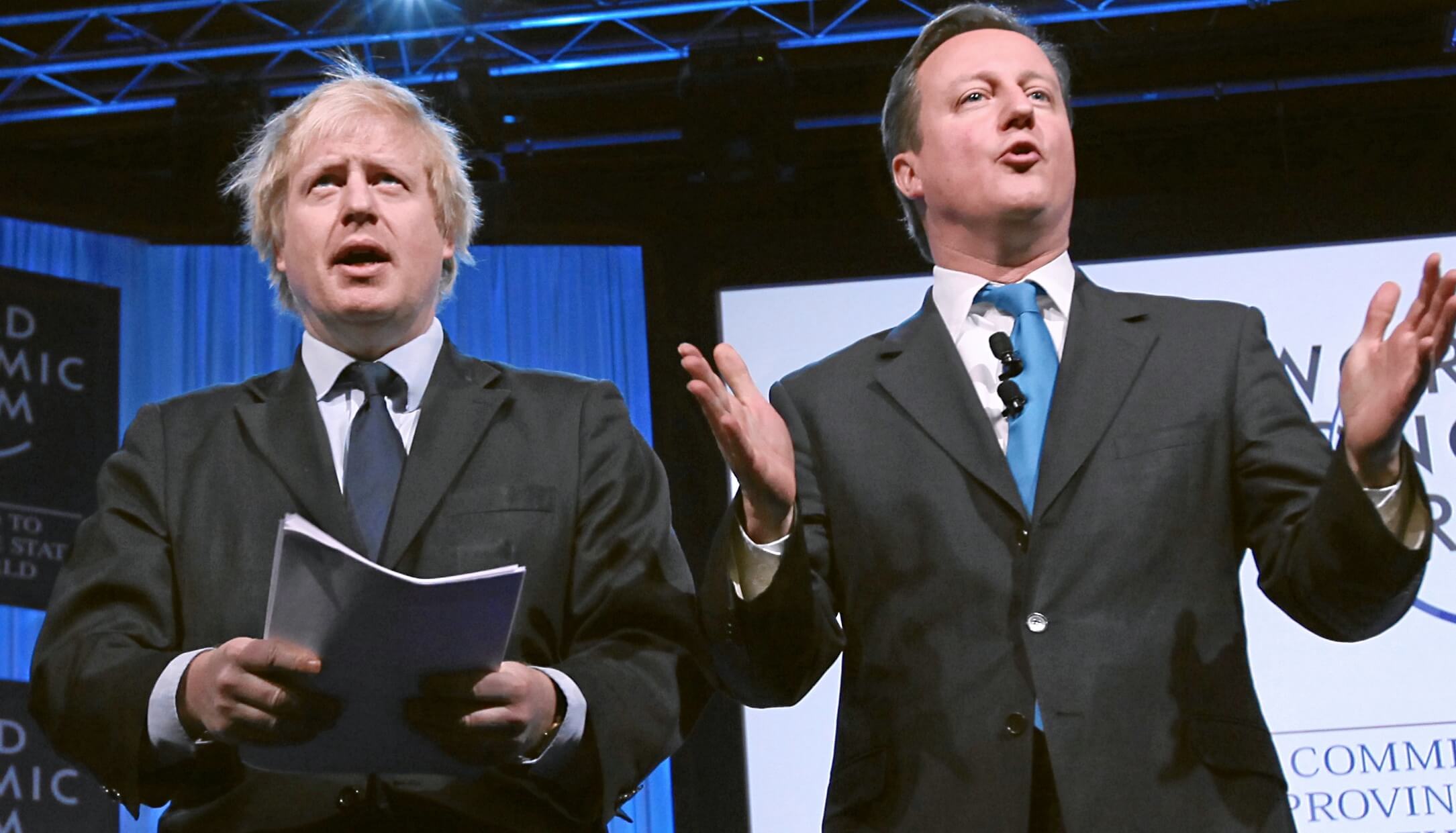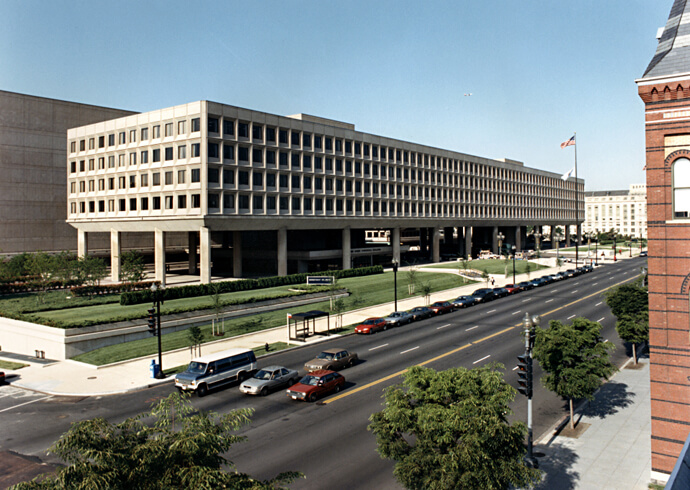By Llewellyn King
Whenever I go out to dinner lately, along with the first sip of wine, I’m served a pre-appetizer: a short, dispiriting conversation about the politics of the moment, complete with a special kind of head-shaking and eye-rolling that has been perfected for this election season.
First the diner’s head is lowered slightly and shaken slowly from side to side. Then the eyes are raised, as though in supplication by a puppy that has done something wrong but doesn’t know what: What did we do to deserve this?
Donald Trump elicits the most severe reaction. People quickly agree that he is not only unsuitable for high office but quite possibly bonkers, stark-raving mad, round the twist — whatever you call the unbalanced in colloquial speech.
Next comes the Ted Cruz shudder. After the shaking of the head over Trump comes a nervous, whole-body response to the mention of Cruz. It begins in the shoulders and migrates down to the pelvis while the head is stationary, having been stilled after shaking at the thought of Trump. Nobody suggests that Cruz is bonkers but quite the opposite, the extreme opposite. In whispers, the Cruz shudderers say “he is clever” and, ominously, “he has an agenda.” Cruz, it is intimated, is in touch with forces beyond he grave, and on the wrong side of that.
John Kasich doesn’t make the grade for dinner gyrations. With a little shake of the head and shrug of the shoulder, he is dismissed.
On to the Big Sigh.
The Big Sigh is reserved for discussion of Hillary Clinton. It is preceded by the “don’t make me laugh” expulsion of breath over Bernie Sanders. Devout liberals keep Sanders alive in conversation for a few moments, saying they like his views on health care or taxing the rich. But he is gone with the first full exhalation.
The real sighing is for Hillary, the choice of last resort. People declare they will vote for her then elaborate her failings. One is told, “she is overly ambitious,” “she is a terrible manager,” “she has baggage,” “she looks worn out,” and “she has to explain Libya.”
Clearly, she has locked up the hold-your-nose vote.
Look, I haven’t just been supping on sushi in Georgetown, although I’m guilty there, or on Dover sole at the Metropolitan Club in Washington, guilty again, but also on mac and cheese at the humble, working-class Harris Grille in Coventry, RI, and barbecue at Calhoun’s in Knoxville, Tenn.
What amazes is where are the millions who turn out to support Trump so vigorously? Why don’t I run into them, hunt high and low though I may? Are they all sitting at home waiting for a pollster to call so they can give their man further ammo?
Where are the Cruzers? Are they out there testing the fallibility of Obamacare, or demonstrating against world conquest by Planned Parenthood? The rot starts with women’s health and ends with socialized medicine, don’t you understand?
At least one can find the Bernie Sanders legions. They are the young people with the special cellphone posture; who have turned themselves into question marks as they crouch over their devices, looking into the future on their tiny screens.
When they unwind in middle age to look around them, freed of the millennial stoop, will they morph into Republicans? Will there be any Republicans after Trump and Cruz have worked their magic?
What, I wonder, will we be doing at dinner parties after the Republican National Convention in Cleveland? Will we be doing the Trump headshake and confused eye or the Cruz full-body shudder?
After the Democratic National Convention in Philadelphia, the Big Sigh is predictable at dinner tables across the nation.
In November, after electing President Unsuitable, we will all be holding our heads in a kind mute astonishment. — For InsideSources







